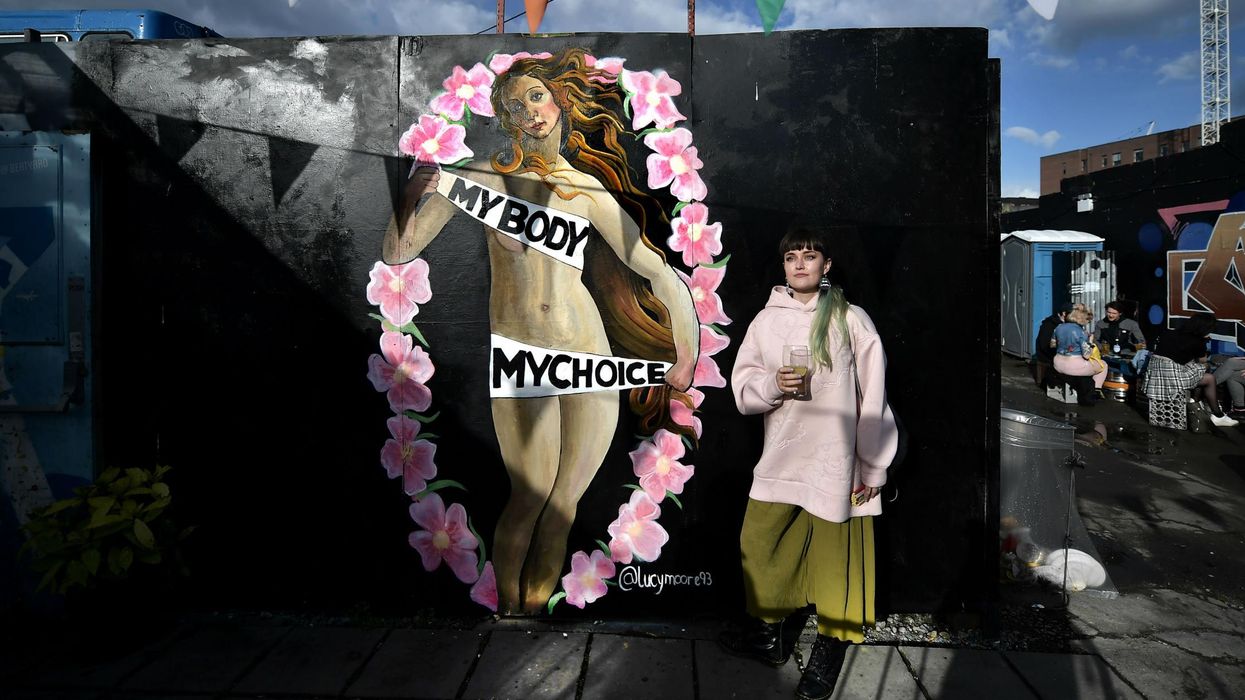News
Jake Hall
May 25, 2018

Photo: Charles McQuillan/Getty Images
Over the last week, social media has been flooded with the emotional stories of Irish women worldwide, many of whom have flown back to their home country to cast a vote in today’s landmark abortion referendum.
Currently, the Republic of Ireland – a notoriously conservative, Catholic country – has one of the strictest abortion laws in the world.
This is largely due to the Eighth Amendment to the Irish Constitution, which was passed after months of debate back in 1983; essentially, the archaic law rules that a foetus has as much right to life as a mother, and prohibits any abortion which is not medically necessary.
In practice, this means that women – even those who have conceived through rape or incest – are legally banned from taking steps to terminate their own pregnancy. As opposed to stamping out the problem, these laws prevent a choice: either keep the baby or pursue dangerous, clandestine methods of abortion instead.
In order to cast a vote to repeal the amendment, Irish women have been left with no choice but to spend their money on travel costs and accommodation simply to have their voices heard. It goes without saying that not all women can afford this luxury, meaning that a lack of access to wealth, resources or time off work has left some unable to exercise their right to vote.
To remedy this problem, a small handful of universities including the University of Nottingham, the University of Birmingham and Oxford University, have voted to create travel funds for women to travel home and defend their rights.
Detailing her own frustrations in an article for The Irish Times, Oxford lecturer Jennifer Cassidy praised the decision to enable women to defend their own rights:
This is a once in a generation opportunity to create the kind of Ireland that believes in compassion, equality, dignity and respect.
These people and their work will stand on the right side of history.
Even with this funding, Ireland’s restrictive voting laws still pose a problem. Cassidy was born and raised in Ireland, yet sacrificed her right to vote when she chose to accept her role as an Oxford lecturer. She explains her desire to return to her home country in the future, as well as her feelings of disillusionment at being unable to cast her vote:
As the referendum draws near, these feelings of disenfranchisement and disempowerment have only increased. No words can describe the feeling of not being able to actively participate in how your nation’s narrative will be sculpted, and what its future will look like.
Despite these obstacles, activists are determined to fight to repeal the Eighth Amendment, which has been proven to claim lives – specifically, the life of Savita Halappanavar, a pregnant woman who died from a septic miscarriage after she was refused an abortion. Doctors said the miscarriage was inevitable.
Halappanavar’s unjust death became not only a case study, but also catalyst for change; today, social media has been ablaze with users sharing heartfelt tributes to the victim.
Elsewhere, Irish women have been united through the viral #hometovote hashtag, which has effectively collated a series of beautiful stories and demonstrated the power of unity in the face of adversity.
More: Irish abortion referendum: The emigrants crowd-funding their way home to vote
Top 100
The Conversation (0)












